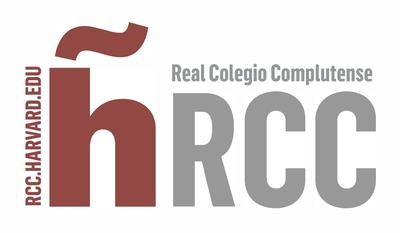Date:
Location:
RCC is pleased to announce this lecture by Francisco Saez de Adana, RCC Fellow and Visiting Scholar at the Harvard Department of History of Science.

Maritime radar technology began to be developed in Spain after the Second World War, when the Spanish government hired a number of German engineers to work at its radio-frequency institute. This effort was promoted by the regime as an example of Spanish autarchy. However, the initial idea was not the development of any radar equipment. The Spanish government had no choice but to hire German engineers, as poor diplomatic relations between Allied countries and Spain hampered the sharing of expertise between these countries and Spain. Spanish officials were keen to acquire Allied radar equipment as it was regarded as the most advanced technology at the time. However, the supply of military equipment from the Allied countries was officially prohibited due to the support Spain had given to the Axis countries during the Second World War. The impossibility of getting radars from other countries for the same reasons led to the need to develop Spanish-made systems and was the impetus for hiring German engineers.
This event is free and open to the public.
Sponsor: RCC
Contact: rcc@harvard.edu
